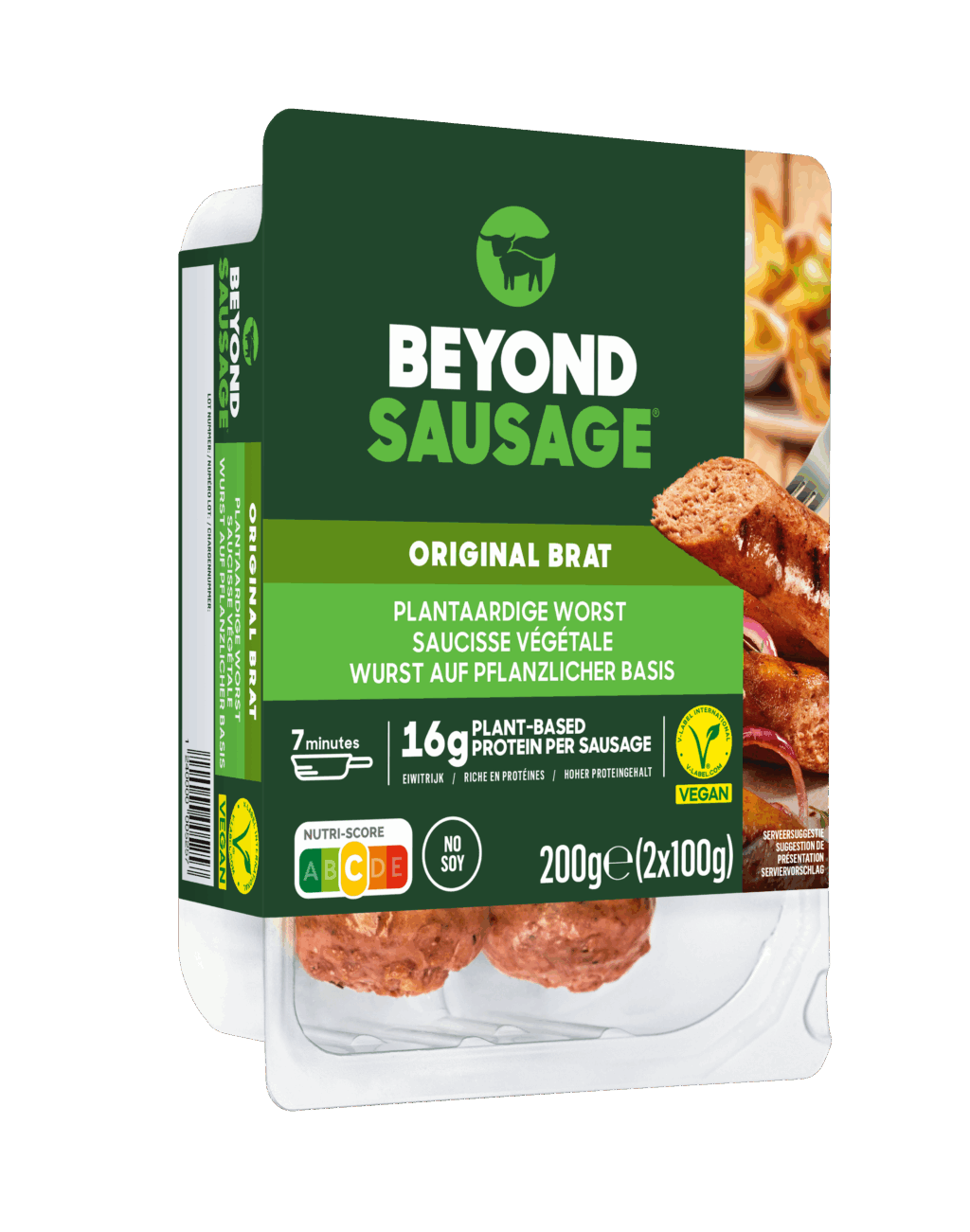
Introduction
As the global population continues to grow, the demand for sustainable and healthy protein sources is at an all-time high. Beyond Meat, a pioneer in plant-based meat alternatives, has emerged as a leader in this evolving market, providing consumers with options that aim to replicate the taste and texture of traditional meat. This trend is not just about dietary choices; it’s about addressing significant environmental, health, and ethical concerns.
The Rise of Beyond Meat
Founded in 2009, Beyond Meat has revolutionized the food industry with its innovative line of plant-based products, including burgers, sausages, and ground meat. The company aims to replace animal protein with plant protein by creating products that are both nutritious and environmentally friendly. In 2020, Beyond Meat made headlines with its debut on the Nasdaq, highlighting consumers’ increasing interest in healthier and sustainable food options.
Recent Developments
In recent months, Beyond Meat has continued to expand its product offerings and market reach. With partnerships with major fast-food chains like McDonald’s and Taco Bell, Beyond Meat products are becoming more accessible to the average consumer. Additionally, the company’s recent collaboration with the popular restaurant chain Subway has introduced Beyond Meatball Marinara, catering to the growing demand for plant-based options in familiar settings.
Moreover, Beyond Meat has announced a plan to invest in new technology to scale up production. This will allow them to meet the rising demand for plant-based alternatives as more individuals adopt vegetarian or flexitarian diets. Their commitment to innovative research and sustainability practices has helped set the company apart from competitors in a rapidly growing sector.
Environmental and Health Impact
A key driver in the plant-based movement is the increasing awareness surrounding climate change and health implications related to meat consumption. Beyond Meat has conducted studies suggesting that their products significantly reduce greenhouse gas emissions when compared to traditional beef production; they consume less water and land and result in lower overall environmental impact. These factors are becoming crucial in consumer decision-making processes.
Conclusion
The future of Beyond Meat looks promising, with ongoing innovation and strategic partnerships driving growth in the plant-based protein sector. As health-conscious consumers and environmentally aware millennials continue to seek alternatives to meat, Beyond Meat remains at the forefront of this transition. By offering products that not only taste good but also contribute to a sustainable planet, Beyond Meat is not just changing menus but also shaping the future of food.



